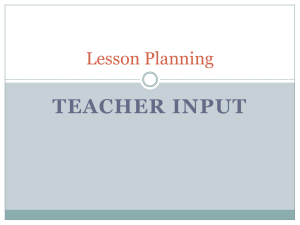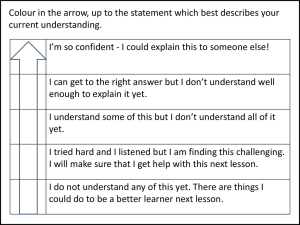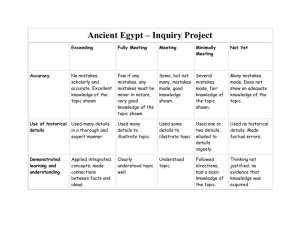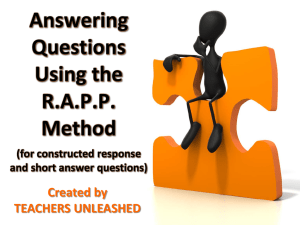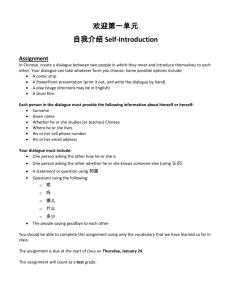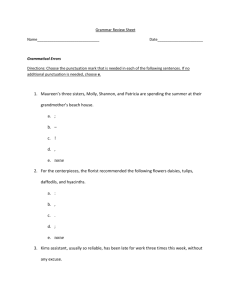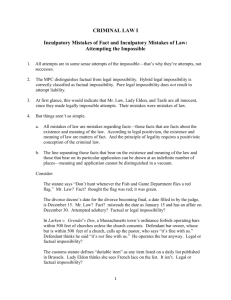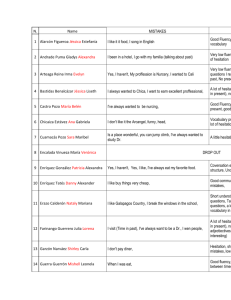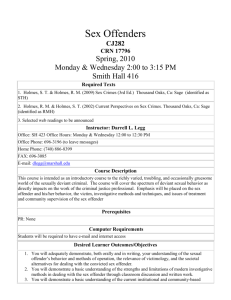The Basics of Patient Safety
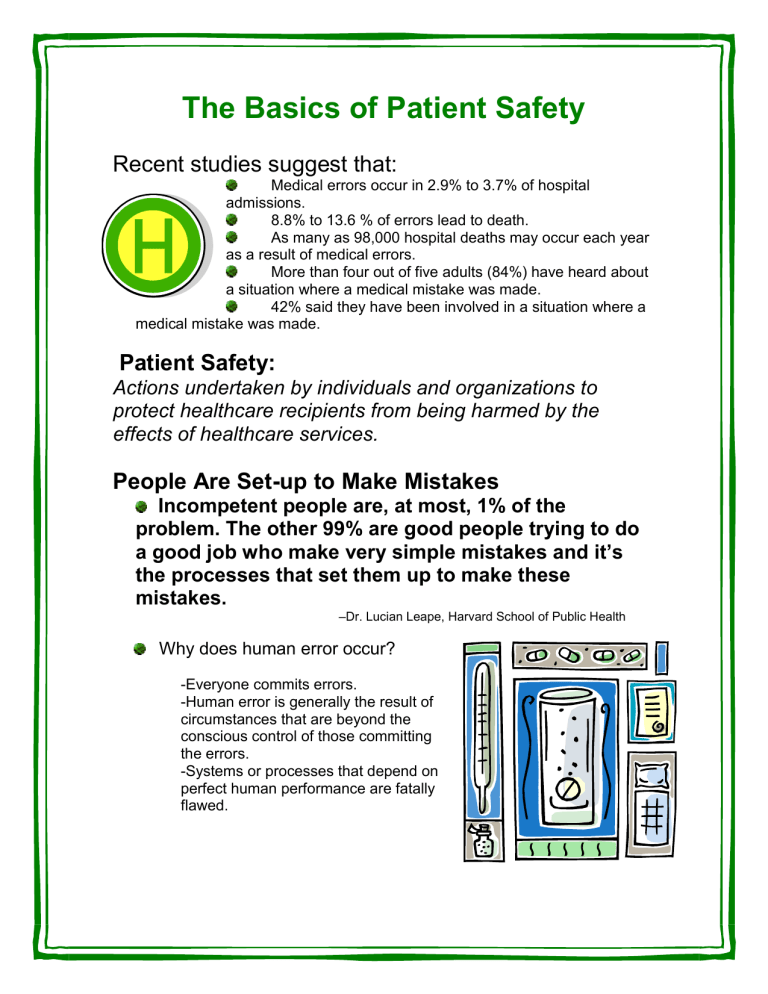
The Basics of Patient Safety
Recent studies suggest that:
Medical errors occur in 2.9% to 3.7% of hospital admissions.
8.8% to 13.6 % of errors lead to death.
As many as 98,000 hospital deaths may occur each year as a result of medical errors.
More than four out of five adults (84%) have heard about a situation where a medical mistake was made.
42% said they have been involved in a situation where a medical mistake was made.
Patient Safety:
Actions undertaken by individuals and organizations to protect healthcare recipients from being harmed by the effects of healthcare services.
People Are Set-up to Make Mistakes
Incompetent people are, at most, 1% of the problem. The other 99% are good people trying to do a good job who make very simple mistakes and it’s the processes that set them up to make these mistakes.
–Dr. Lucian Leape, Harvard School of Public Health
Why does human error occur?
-Everyone commits errors.
-Human error is generally the result of circumstances that are beyond the conscious control of those committing the errors.
-Systems or processes that depend on perfect human performance are fatally flawed.
How Can We Improve and Make Mistakes
Impossible?
Redesign our processes so that simple mistakes do n’t end up harming patients.
Build better safeguards to catch and correct errors before they reach the patient.
Reduce harm caused by mistakes. People must be able to quickly recognize the adverse events and take action.
Investigate significant patient incidents.
Monitor patient safety and redesign high-risk processes to prevent a sentinel event from occurring.
Gather and analyze information about risk-prone processes.
Redesign high-risk processes to reduce the chance of patient harm.
Who Has a Role in Patient Safety?
Everyone has a role in patient safety
Employees, Students, Volunteers, and Physicians
Management
Administrative and Medical Staff Leaders
What is RMH doing to promote Patient Safety?
All patients receiving care at Rockingham Memorial Hospital will be identified prior to:
Any surgical, invasive, or diagnostic procedure
Administration of medications or treatments
Any therapeutic or diagnostic procedures
Obtaining and processing specimens of any type
Obtaining consent
Providing the patients with sensitive or confidential information
Medication reconciliation is an interdisciplinary process between pharmacy, nursing, and physicians designed to decrease adverse drug events and potential medication events. All reasonable efforts will be taken to complete the medication reconciliation process within 24 hours from the time of admission, prior to transfer from one level of care to another, and prior to discharge.
Implementation of Universal Protocols for Preventing Wrong-Site, Wrong
Procedure, and Wrong Person Surgery has been adopted by RMH.
Correct identification of the patient (Medical Record Number and
Name), and correctly matching the patient to the procedure being performed.
Clear marking of the site on the body where the surgery is to take place.
A “time out” in the operating room before the surgery begins for all safety steps to be double-checked and verified.
To voice complaints or concerns as they relate to quality or patient safety, call the RMH Quality and Patient Safety Department or use an OFI
(Opportunity for Improvement) Form.
For compliance, physician or staff issues, call the Risk & Compliance Dept.
Should you have a concern that’s unresolved, you have the right to contact the Virginia Department of Health at 800-955-1819.
Employees who report quality and/or patient safety concerns to administration or the VA Department of Health should not be concerned that the hospital will take retaliatory disciplinary action against them.
We are all here to serve the patients best interest.
